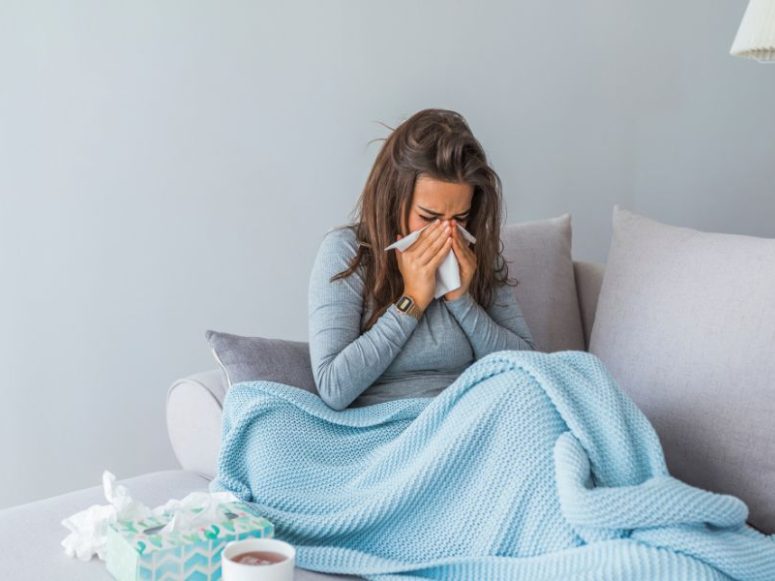Key Takeaways
- Flu season in Western New York typically runs from fall through spring, with a peak in the winter months.
- The best way to prevent the flu is to get vaccinated every year.
- If you do get sick with the flu, there are treatments available that can help you feel better faster.
1. Understanding the Flu
The flu, or influenza, is a contagious respiratory illness caused by influenza viruses. It can cause mild to severe illness, and at times can lead to death. The flu is different from a cold; it usually comes on suddenly and symptoms are more severe. The Centers for Disease Control and Prevention (CDC) estimates that the flu has caused between 12,000 and 52,000 deaths each year in the United States since 2010 [1].
Flu viruses are constantly changing, which is why a new flu vaccine is needed every year. The flu vaccine is the best way to protect yourself and your loved ones from the flu.
2. Flu Season in Western New York
Flu season in Western New York typically begins in the fall and can last until the spring. The peak of flu season usually occurs between December and February. According to the Erie County Department of Health, the best time to get vaccinated is as soon as the vaccine is available, usually in September or October [2].
It is important to get vaccinated every year, even if you were vaccinated the previous year. This is because the flu viruses that are circulating can change from year to year.
3. Flu Prevention
The best way to prevent the flu is to get a flu vaccine every year. The CDC recommends that everyone 6 months of age and older get a flu vaccine [1]. In addition to getting vaccinated, you can take the following steps to protect yourself from the flu:
| Prevention Method | Description |
| Hand Washing | Wash your hands often with soap and water. If soap and water are not available, use an alcohol-based hand rub. |
| Avoid Touching Your Face | Avoid touching your eyes, nose, and mouth. Germs spread this way. |
| Stay Home When Sick | If you are sick with the flu, stay home from work, school, and other public places to prevent spreading the virus to others. |
| Cover Your Coughs and Sneezes | Cover your nose and mouth with a tissue when you cough or sneeze. Throw the tissue in the trash after you use it. |
4. Flu Symptoms and Treatment
Flu symptoms often come on suddenly and can include:
- Fever or feeling feverish/chills
- Cough
- Sore throat
- Runny or stuffy nose
- Muscle or body aches
- Headaches
- Fatigue (tiredness)
If you get sick with the flu, your doctor may prescribe antiviral drugs to treat your illness. Antiviral drugs can make your illness milder and shorten the time you are sick. They may also prevent serious flu complications, like pneumonia. Antiviral drugs work best when they are started within 2 days of getting sick [1].
In addition to antiviral drugs, you can take the following steps to relieve your flu symptoms:
- Get plenty of rest.
- Drink plenty of fluids to prevent dehydration.
- Take over-the-counter medications, such as acetaminophen (Tylenol) or ibuprofen (Advil), to relieve fever and aches.
5. When to See a Doctor
If you have flu symptoms and are in a high-risk group, or are very sick or worried about your illness, contact your healthcare provider. High-risk groups include young children, adults 65 years of age and older, pregnant women, and people with certain medical conditions such as asthma, diabetes, and heart disease [2].
SOM Medical Practice offers flu vaccinations and treatment at our locations in Niagara Falls, Lockport, Olean, Depew, and Hamburg. Contact us today to schedule an appointment and protect yourself and your family from the flu.
This blog post is for informational purposes only and should not be considered medical advice. Always consult with a qualified healthcare provider for any health concerns or before making any decisions related to your health or treatment.
References
[1] Centers for Disease Control and Prevention. (2023). Key Facts About Seasonal Flu Vaccine. https://www.cdc.gov/flu/prevent/keyfacts.htm
[2] Erie County Department of Health. (2023). Influenza (Flu). https://www3.erie.gov/health/influenza-flu








